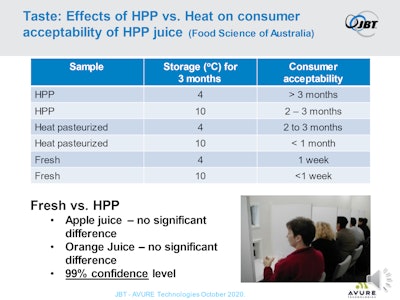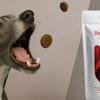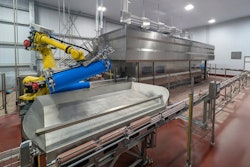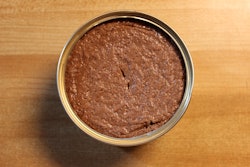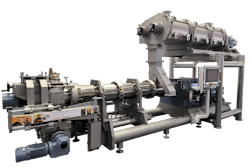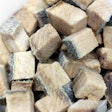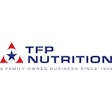
JBT Marel Avure Technologies has released findings on the impact of high-pressure processing (HPP) on the nutritional quality of fruits, vegetables and herbs compared to thermal treatment. The research indicates that HPP preserves bioactive compounds while ensuring food safety.
HPP is a method used in pet food manufacturing to eliminate harmful bacteria in raw pet food without using heat, preserving nutritional value and extending shelf life. It uses extreme water pressure to inactivate harmful pathogens such as Salmonella, E. coli, and Listeria monocytogenes. Unlike thermal treatments, which can degrade nutrients and sensory qualities, HPP maintains fresh-like characteristics without the need for additives or preservatives. Because HPP is applied after packaging, it eliminates contamination risks and helps prevent product recalls.
The company’s research, conducted with international clients, found that HPP did not impact the antioxidant or anti-inflammatory properties in juices processed under various conditions. Sensory evaluations showed no significant difference in taste between HPP-treated apple and orange juices stored for three months and fresh juice stored for one week, with a 99% confidence level.
According to JBT Marel, additional studies reinforce these findings:
- A study with the University of British Columbia confirmed that HPP reduces microbial loads without negatively affecting bioactive nutrients.
- Research with CSIRO (Food Science Australia) found that HPP minimally impacts sensory properties in fruit and vegetable products.
- A separate study showed that HPP-treated passion fruit puree retained better color and antioxidants compared to heat-treated puree.
“We know consumers prioritize buying foods based on healthfulness now more than ever,” said Dr. Errol Raghubeer, VP of Food Science and Microbiology at JBT Marel. “Unlike heat treatment, HPP is a viable cold-process technology that is increasingly used in the food and beverage industry to ensure the safety of foods, increase the microbiological shelf life, and extend product quality without damaging the nutritional properties of food.”
These findings highlight HPP’s potential as a non-thermal processing alternative that maintains food quality while extending shelf life.
Adapted from a press release.
